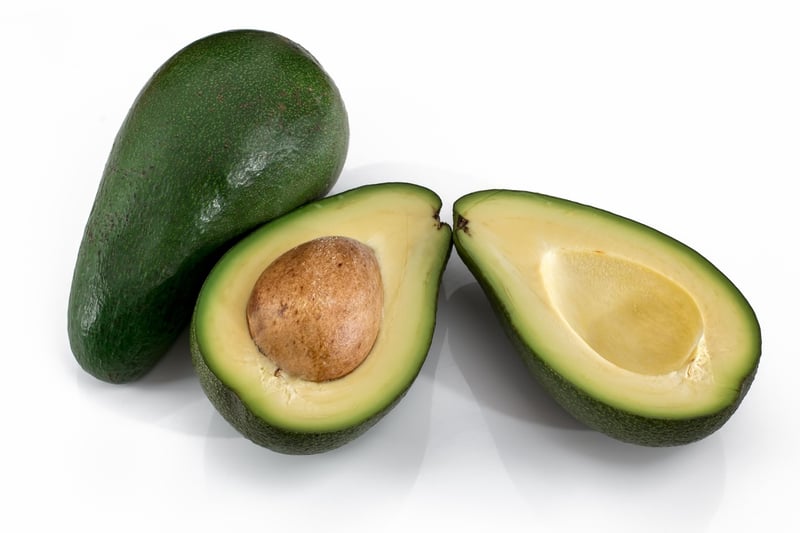Nutrient-Rich Foods
The Importance of Balanced Dietary Choices and Nutrient-Rich Foods
Ensuring a balanced diet is crucial for maintaining good health and overall well-being. A balanced diet provides the necessary nutrients, vitamins, and minerals that our bodies need to function properly. Incorporating nutrient-rich foods into your daily meals is essential for achieving optimal health.
Benefits of a Balanced Diet:
- Improves overall health and reduces the risk of chronic diseases
- Boosts energy levels and enhances productivity
- Supports healthy weight management and metabolism
- Strengthens the immune system and promotes faster recovery
- Enhances mood and mental well-being
Key Components of a Balanced Diet:
A balanced diet should include a variety of nutrient-rich foods from all food groups:
1. Fruits and Vegetables:
Rich in vitamins, minerals, and antioxidants that are essential for overall health.

2. Whole Grains:
Provide fiber, B vitamins, and minerals for sustained energy and digestive health.

3. Protein Sources:
Include lean meats, poultry, fish, legumes, and nuts for muscle growth and repair.

4. Dairy or Dairy Alternatives:
Contain calcium and vitamin D for strong bones and teeth.

5. Healthy Fats:
Found in olive oil, avocados, and nuts, essential for brain health and hormone production.

Tips for Incorporating Nutrient-Rich Foods:
- Plan your meals ahead to include a variety of colorful fruits and vegetables.
- Choose whole grains over refined grains for added fiber and nutrients.
- Incorporate plant-based proteins like beans and lentils into your diet.
- Opt for low-fat dairy or dairy alternatives to reduce saturated fat intake.
- Use healthy fats like olive oil and avocado in cooking and salads.
By making conscious choices to include nutrient-rich foods in your diet, you can improve your overall health and well-being. Remember, a balanced diet is key to a healthier and happier life!
References: World Health Organization - Healthy Diet
